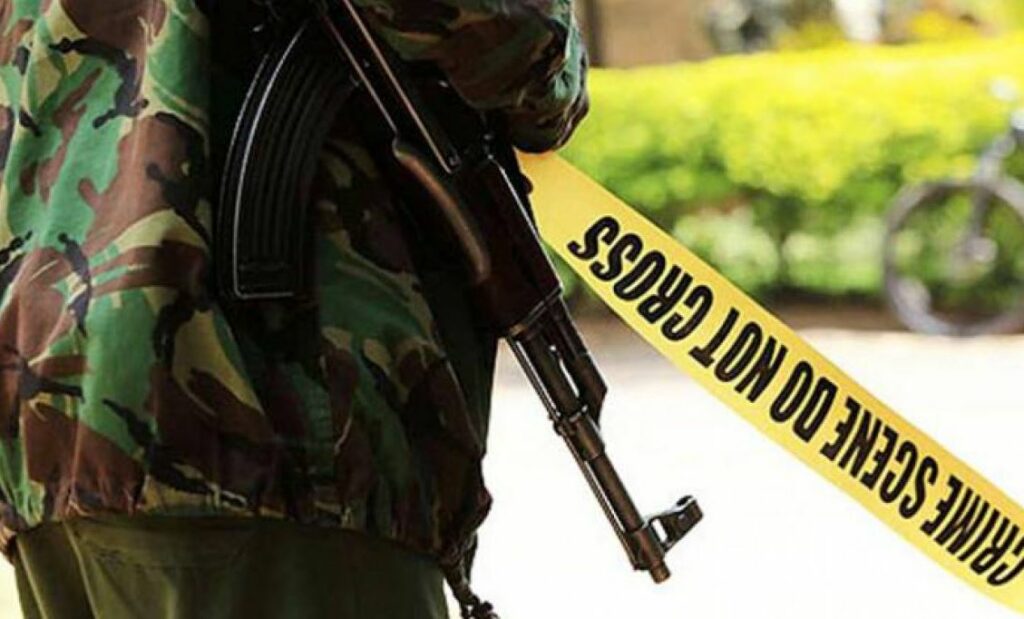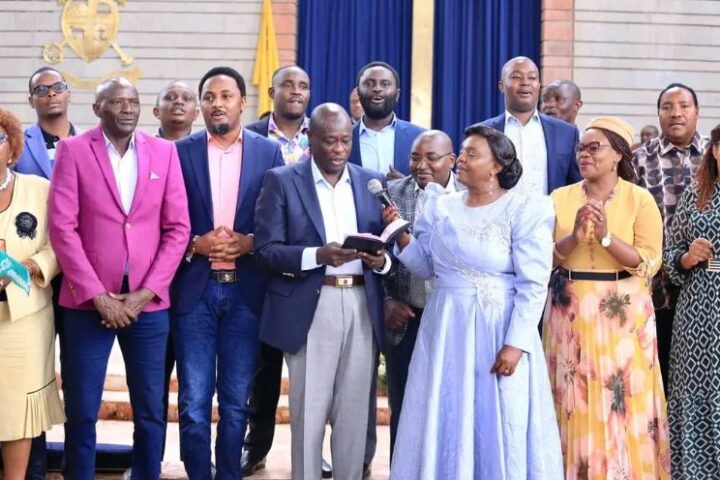 Lecturers at all public universities will go on a nationwide strike next week following a seven-day strike notice issued by the University Academic Staff Union (Uasu). The strike is scheduled to begin on Wednesday, September 18, 2024.
Lecturers at all public universities will go on a nationwide strike next week following a seven-day strike notice issued by the University Academic Staff Union (Uasu). The strike is scheduled to begin on Wednesday, September 18, 2024.
Uasu announced that delayed salary payments and the failure to finalize the 2021-2025 collective bargaining agreement (CBA) are the primary reasons for the strike. The union, along with the Kenya Universities Staff Union (Kusu), issued the notice on September 11, 2024, expressing frustration over the government’s inaction. They pointed out that other public service employees have received salary and allowance adjustments since 2021, while university staff have been neglected.
The notice was addressed to the councils of all public universities and constituent colleges. Uasu highlighted the government’s failure to negotiate, finalize, register, and implement the 2021-2025 national CBA. The union also noted the lack of action on previous CBAs from the cycles of 2013-2017, 2017-2021, and 2021-2025.
Uasu Secretary-General Constantine Wasonga announced that 30,000 university employees would withdraw their labor starting September 18, 2024, if their demands are not met. “There will be no teaching or work activities in the universities during this period,” said Dr. Wasonga.
The unions have also pointed to the erosion of their members’ purchasing power due to the declining value of the Kenyan shilling, rising costs of basic commodities, and increased taxation. Dr. Wasonga criticized the government for selective justice, granting pay raises to some workers while ignoring university employees. He called this a violation of workers’ constitutional right to fair remuneration under Article 41-2A of the Constitution of Kenya.
Uasu and Kusu have urged the government and public university councils to address their grievances urgently.
“University staff cannot continue to bear the brunt of this neglect,” said Kusu Secretary-General Charles Mukwaya.
“They deserve competitive and reasonable working conditions as established by law and enshrined in the constitution. Despite giving the government and universities ample time to negotiate, the unions have only witnessed continued corruption and mismanagement of public funds, leaving university employees and their families suffering from hunger and hardship.”
Mukwaya clarified that the industrial action is not intended to harm students. “We ask parents and students to understand that this strike aims to highlight the challenges faced by university workers, not to punish them. If no resolution is reached, the unions will have to pursue further actions to secure their rights,” he said.
Wasonga added that while other public sector employees receive various perks, university staff are left out. He noted that university lecturers previously enjoyed benefits like duty-free cars, but these have now been extended to other sectors.
The failure of the Inter-Public Universities Council Consultative Forum (IPUCCF) and the Salaries and Remuneration Commission (SRC) to harmonize allowances for university staff, despite doing so for other public sector employees, has exacerbated disparities and widened the gap.








